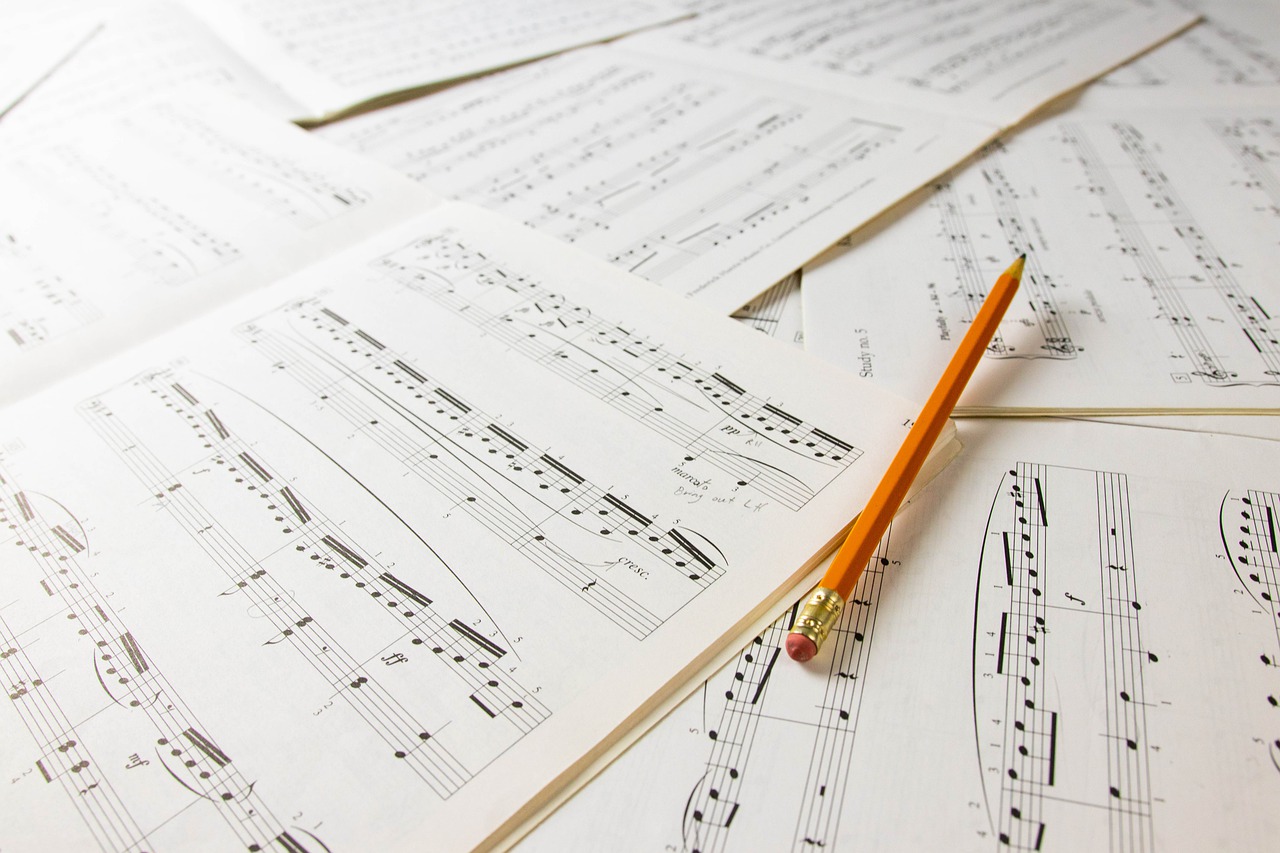A successful performance is supported by disciplined practice that is mindful practice. Mastery does not merely consist of working a certain number of hours, but rather in the way that the hours are applied.
The Science of Reliable Practice
 When a musician rehearses, s/he is not only moving the fingers, but the brain. Instrumental training stimulates visual, auditory, and motor systems in a way that develops a rich neural workout. That develops both technical precision and emotional expression. This is a complicated interaction that enhances the development of thinking and tunes coordination.
When a musician rehearses, s/he is not only moving the fingers, but the brain. Instrumental training stimulates visual, auditory, and motor systems in a way that develops a rich neural workout. That develops both technical precision and emotional expression. This is a complicated interaction that enhances the development of thinking and tunes coordination.
Strategies of Effective Practice
Here are the techniques that you should employ to have an effective practice in your music career:
1-Slow It Down
Addressing challenging texts at one’s own pace will create muscle memory better than hurrying. You absorb accuracy first, and then you can build up the speed by concentrating on small sections.
2-Use Mental Rehearsal
Practising the piece activates much of the same brain circuitry as playing it. This method, together with physical repetition, enhances performance and memory.
3-Employ Feedback Loops
Recording, metronome use, or recording with a teacher can assist you in identifying mistakes and tracking progress, and changing strategy on the fly.
4-Structure Your Sessions
Split up into warm-up, difficult passages, review, and cool-down blocks. This approach will reduce fatigue and maximize the outcomes.
5-Mix It Up
Alternating between technical work, improvisation, and complete works. This diversity makes your practice very interesting and ensures that fundamentals as well as creativity are being developed.
Attitude: The Process to Growth
The growth is not only brought about by repetition, but an attitude of appreciating a journey. Learn to embrace failures. As you turn and turn, perfect method. As you fall, strength.

